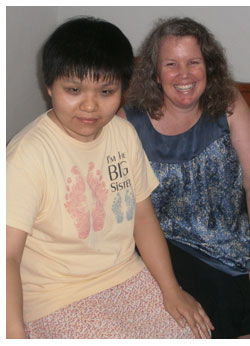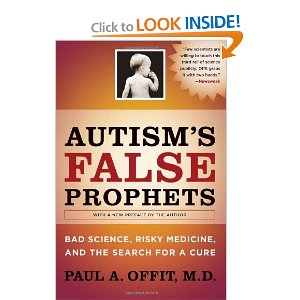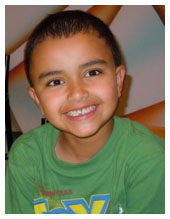Learning about autism in Nanjing, China
by Patricia Wright

It’s been about a month since I returned from working in Nanjing, China and I’m still digesting the incredible experience. The opportunity to engage in international work is always a privilege. I like to think that when I am invited to work in another country, the experience will include equal parts of my contributing expertise and my learning how another culture approaches service delivery for individuals with autism. I think I learned more than I contributed on this trip!
I was invited to work with staff members from the Five Project. The Five Project and its team members have been promoting autism awareness and professional skill development in China since 1992. The time in China included providing intensive professional development to the Sanxin training program, an educational program that serves young children with autism. The educators at Sanxin were keen to increase their skills in evidence-based practice in autism treatment.
I also got to spend time with the medical and educational professionals at the Brain Hospital in Nanjing to discuss diagnostic practices. In the mid-1980s, the Brain Hospital was the first place in China where autism was diagnosed. The Brain Hospital continues to be the primary diagnostic center for Nanjing, a city of almost 7 million people.
A community training for parents and care-providers at the China Disabled Persons resource center in Nanjing was also on the schedule. The combination of these activities really made for a rich experience.
One of my favorite activities was time spent with Zhan Ge, a young woman with autism who lives in Nanjing. I was fortunate to be invited to the home of Zhan Ge’s parents. They have known Helen McCabe (the Five Project’s Board President) for almost 20 years, and the opportunity to spend time with Zhan Ge and her family was really delightful.
Learning and contributing: probably the goal for all of my time engaged in work. Somehow the learning seems more obvious when I am working in a culture that is not familiar. I’m already looking forward to learning more on my next international adventure!








 I was so sorry to hear that Dr. O. Ivar Lovaas, a respected and revered pioneer in the treatment of autism spectrum disorders, died this week. Dr. Lovaas was 83 years old when he died from natural causes at a Los Angeles-area hospital, surrounded by his family. His son, Eric, will continue his father’s research and treatment, and
I was so sorry to hear that Dr. O. Ivar Lovaas, a respected and revered pioneer in the treatment of autism spectrum disorders, died this week. Dr. Lovaas was 83 years old when he died from natural causes at a Los Angeles-area hospital, surrounded by his family. His son, Eric, will continue his father’s research and treatment, and 
